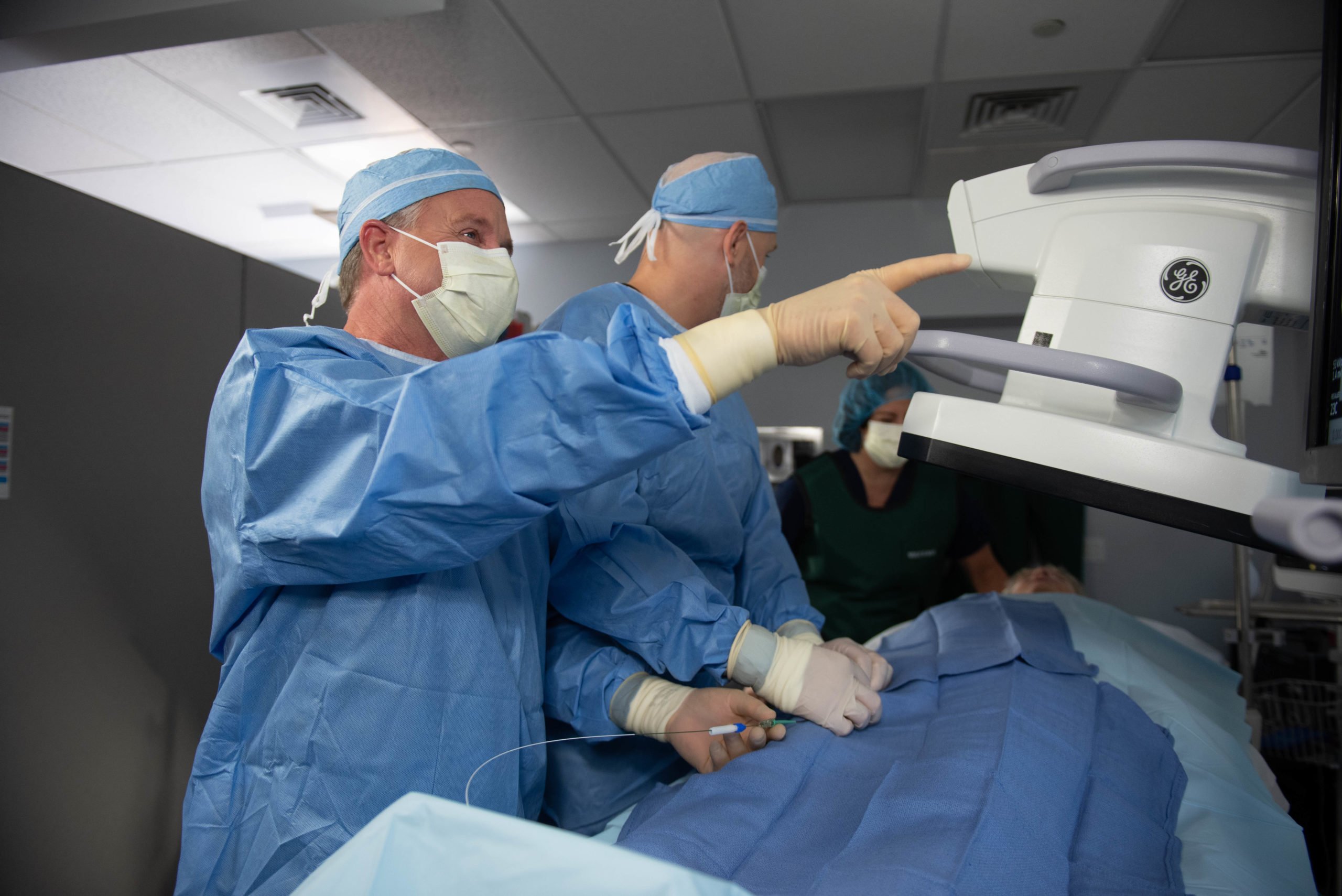
Do you recognize there are minimally invasive solutions available for peripheral artery disease (PAD), spider, and varicose veins, among other vascular illnesses and conditions? If not, then you have yet to come across interventional radiology. Dr. Andrew Doe is a certified interventional radiologist with a booming practice serving patients throughout Texas. Dr. Doe leads an expert team at Alate Health and is dedicated to providing the best possible care in a patient-centered setting. Above all, Dr. Doe emphasizes the importance of patient education; thus, he takes time to outline some aspects of interventional radiology to help you recognize what it entails and why you should consider this procedure. Continue reading to learn more.
What Exactly Is Interventional Radiology, And How Does It Work?
Interventional radiology (IR) is a medical specialty that employs cutting-edge technology to detect and treat troublesome illnesses with minimally invasive procedures that reduce patient risk and enhance treatment outcomes.
At the heart of Interventional Radiology are advanced imaging platforms and other technologies, which provide high-definition, real-time impressions of your arteries, veins, and organs within the body. These technologies enable you to assess the overall functionality of these systems and execute various treatments through vein access instead of open surgery, as was previously required.
What Are The Advantages of IR Over Open Surgery?
Open surgery necessitates significant incisions that cut through multiple layers of your skin, muscle, and other tissue to access the desired location. Interventional radiology provides the same effective outcomes as surgery without physical trauma for an extensive range of concerns. For this reason, it lowers your risk of bleeding, infection, and other issues during and after surgery. Furthermore, many of these IR treatments are done as outpatient operations, saving you the worry of hospitalization.
Without cuts and other negative impacts of surgery, including scarring to the adjacent tissue, minimally intrusive IR often allows you to resume normal activities much faster than conventional procedures.
In addition, IR provides exceptional accuracy during vein therapies, biopsies, and other procedures, which can be difficult to achieve with conventional approaches. Whereas IR cannot substitute all surgical procedures, it could provide better diagnostic outcomes and therapy for numerous illnesses that formerly needed major surgery.
What Conditions Could IR Be Used To Diagnose And Treat?
At the Interventional Radiology Clinic in Houston, TX. Dr. Andrew Doe and his expert staff identity and treat a wide range of conditions, including:
· Spider and varicose veins
· Peripheral artery disease (PAD)
· Deep vein thrombosis (blood clot)
· Pelvic congestion syndrome (PCS)
· Uterine fibroids
In addition, Dr. Doe and his team provide advanced solutions for common concerns, including, but not limited to, chronic back pain, migraines, joint pain, etc. For preventive care, you can also access screenings for various vascular concerns.
Interventional radiology is a significant advancement in healthcare that benefits patients in more ways than one, ranging from reduced surgery complications and scarring to lesser recovery time and many more. However, as with any medical procedure, no solution suits everybody. Consulting an IR specialist is the best way to determine if you are a fine fit for this procedure. Call the Houston, TX office or use the online booking tool to talk to arrange a consultation with Dr. Andrew Doe.






More Stories
Prevent Heart Disease With Delphinidin
How is Health Education Advancing with New Technology?
Activities and Brain Supplements to Improve Focus and Concentration Naturally